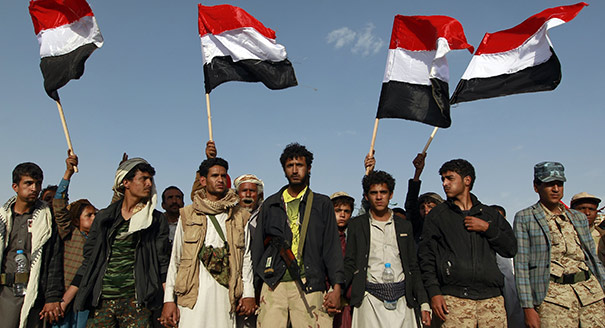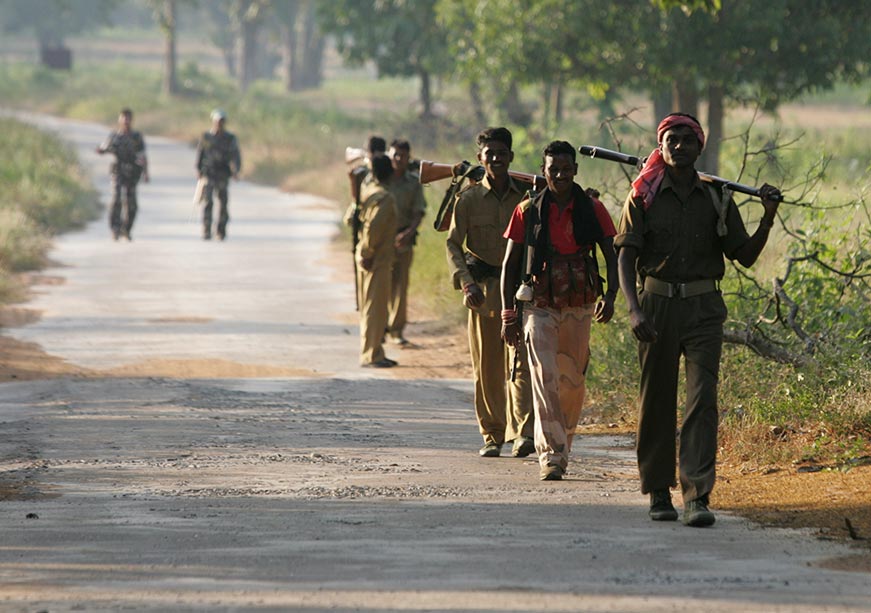The Gulf Cooperation Council (GCC) has been a central political and economic alliance in the Middle East since its founding in 1981. Formed by six Gulf Arab monarchies—Saudi Arabia, the United Arab Emirates, Qatar, Kuwait, Oman, and Bahrain—the council was originally built as a bloc to foster unity, ensure collective security, and promote economic cooperation.
But four decades later, the GCC faces a rapidly changing regional and global environment. Geopolitical rivalries, shifting energy markets, technological transformations, climate change, and the aftershocks of global conflicts have forced the council to redefine its role. The GCC must now answer an important question: how can it remain relevant in a region that is no longer defined by the old oil-driven order?
The Origins of the Gulf Cooperation Council
The Gulf Cooperation Council was founded against the backdrop of regional instability. The 1979 Iranian Revolution, followed by the Iran-Iraq War, pushed Gulf monarchies to unite for collective security. At the time, the council provided a sense of solidarity against external threats while promoting regional economic ties.
Its goals were simple but ambitious: ensure political stability, strengthen security against rivals, build stronger economic integration, and preserve the monarchies’ systems of governance. The GCC’s early decades were dominated by defense and security concerns. Over time, it began to focus more on economic integration and social development.
Security: The GCC’s Original Glue
For much of its history, security was the GCC’s main reason for existence. Joint military exercises, shared defense pacts, and intelligence cooperation were meant to safeguard the bloc against threats from Iran, Iraq, and later extremist groups.
However, the GCC has often struggled to present a united front. Rivalries between members, particularly the rift between Saudi Arabia, the UAE, and Qatar in 2017, showed the limitations of the council’s unity. Although the crisis was resolved in 2021, it left behind lingering mistrust.
Today, the GCC’s security role is complicated by several factors: dependence on the United States for defense, Iran’s expanding influence in Iraq, Syria, and Yemen, and internal divisions as members pursue independent foreign policies. The challenge is clear: the GCC must balance its reliance on external allies with the need to strengthen its own defense capabilities, while avoiding fractures within the bloc.
Economic Transformation: Beyond Oil
Perhaps the biggest test for the Gulf Cooperation Council is economic relevance. For decades, oil and gas revenues provided prosperity and political stability. But with the global energy transition gaining momentum, reliance on hydrocarbons is no longer sustainable.
Each GCC country has embarked on ambitious diversification programs. Saudi Arabia’s Vision 2030 aims to transform the kingdom into a global hub for investment, tourism, and technology. The UAE has positioned Dubai and Abu Dhabi as leading financial and innovation centers. Qatar has invested in sports, education, and global infrastructure to raise its international profile. Oman and Bahrain face tougher challenges but are seeking niche roles in logistics and finance. Kuwait, with its large sovereign wealth fund, is balancing fiscal sustainability with modernization.
Together, the GCC economies account for more than two trillion dollars in GDP and control some of the world’s largest sovereign wealth funds. If harnessed effectively, the bloc could become a global hub for finance, trade, and technology in the post-oil era.

Technology and Innovation: A New Battleground
Another area where the Gulf Cooperation Council seeks relevance is technology and digital transformation. From artificial intelligence to smart cities, the Gulf is betting on innovation as the “new oil.”
Examples include Saudi Arabia’s NEOM mega-project, the UAE’s investment in space exploration and AI, and Qatar’s push for advanced digital infrastructure. If successful, these projects could establish the GCC as a global leader in advanced industries. But long-term success depends on building human capital, ensuring sustainable growth, and fostering cooperation rather than rivalry among members.
Diplomacy: Between East and West
Geopolitics is another field where the GCC is reinventing itself. Traditionally, the bloc leaned heavily on the United States for protection. Today, Gulf states are pursuing more independent and multi-directional diplomacy.
China has become the largest trading partner for most GCC members. Russia plays a significant role through OPEC+ cooperation. The United States, while still important, now faces competition as Gulf states diversify their alliances. Europe and Asia are emerging as major partners in technology, energy, and defense.
This balancing act allows the GCC to act as a bridge between East and West. But it also raises a question: can the council maintain unity while its members follow different foreign policy priorities?
Climate and Sustainability: A New Urgency
Climate change poses an existential challenge to the Gulf region. Rising temperatures, water scarcity, and the risk of declining oil demand threaten the long-term stability of GCC economies.
In response, Gulf states are making ambitious pledges. Saudi Arabia has announced a net-zero target by 2060. The UAE aims for net-zero by 2050 and hosted COP28 to highlight its leadership in climate action. Qatar, Oman, and others are investing in renewables, hydrogen, and carbon capture technologies.
For the Gulf Cooperation Council, climate action is no longer just about international image—it is about survival. Coordinated initiatives on sustainability, water management, and renewable energy could give the bloc a strong new purpose.
Social Shifts and Human Capital
Beyond politics and economics, the Gulf is experiencing internal social changes. A young and ambitious population is demanding opportunities beyond oil wealth. Education reform, rising female participation in the workforce, and cultural openness in tourism and entertainment are reshaping Gulf societies.
If the GCC can turn these shifts into shared opportunities, it could help create a knowledge-based economy. But if members act only individually, the council risks becoming less influential.
Challenges to GCC Unity
The Gulf Cooperation Council faces several challenges to its long-term relevance. Internal rivalries often undermine collective action. Dependence on oil revenues remains high, with diversification uneven across member states. Security continues to rely heavily on outside powers. The GCC Secretariat, compared to institutions like the European Union, has limited authority to enforce decisions.
The Qatar crisis between 2017 and 2021 highlighted the fragility of unity. If such divisions reappear, they could weaken the council’s credibility.
The Path Forward: Reinventing the GCC
For the Gulf Cooperation Council to stay relevant, it must transform from a loose alliance into a stronger regional institution. Key steps could include strengthening economic integration through a unified Gulf market, enhancing collective security with independent defense capabilities, promoting sustainable growth through joint climate initiatives, and improving institutional capacity by empowering the GCC Secretariat to play a bigger role.
Conclusion: Can the GCC Stay Relevant?
The Gulf Cooperation Council stands at a crossroads. Its founding vision of unity and security remains important, but today’s challenges are far more complex. Economic diversification, technological transformation, climate change, and shifting global alliances are reshaping the region.
If the GCC rises above internal rivalries and works as a unified bloc, it could emerge as a central player in the Middle East and beyond. But if divisions persist, the council risks losing relevance and becoming a symbolic body rather than a driving force.
The choices made now will shape not only the future of the GCC but also the stability and prosperity of the wider region. For the council, the path is clear: adapt, integrate, and lead—or risk being left behind.
Read More: Iran Prioritizes Neighborly Ties Amid Regional Diplomacy Efforts



